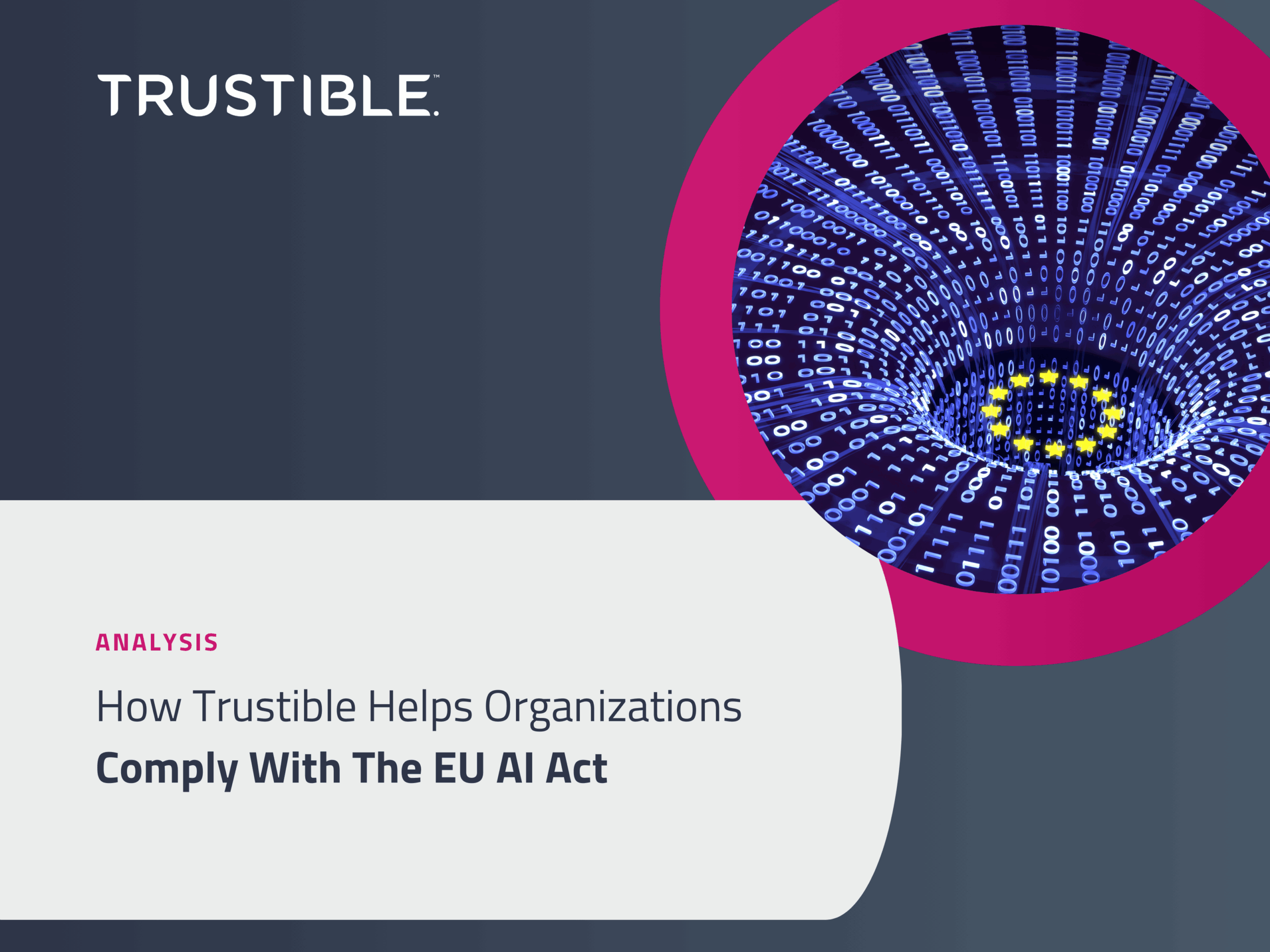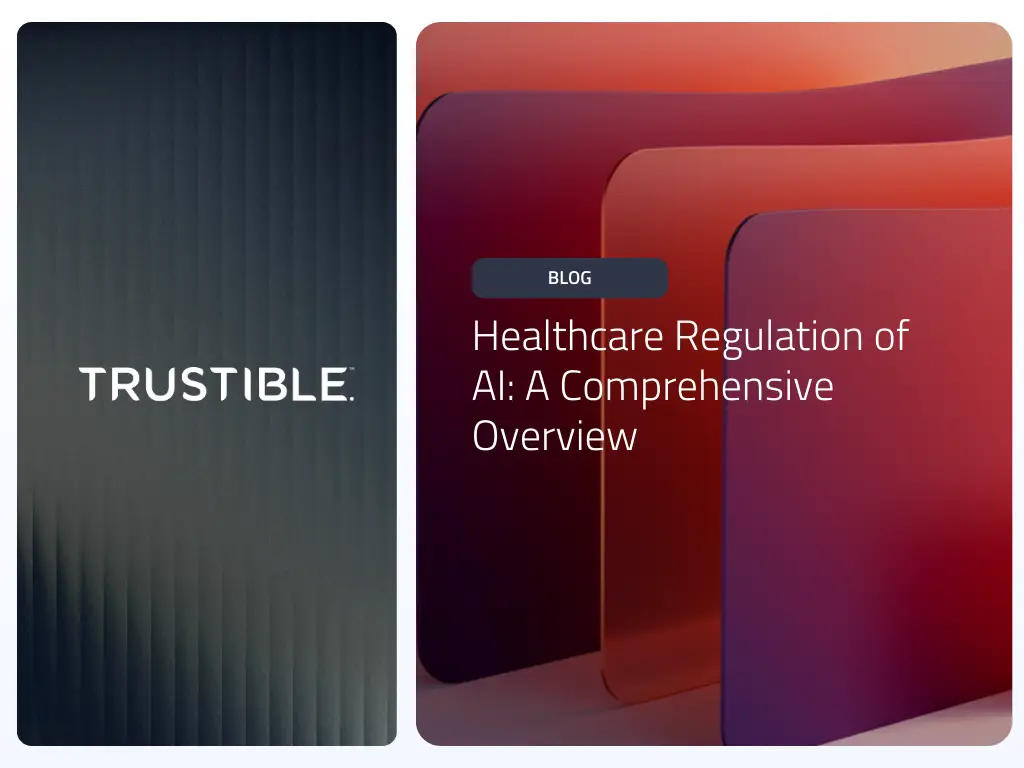The forthcoming EU AI Act promises to be the most consequential global regulation for AI to date, impacting businesses of all sizes around the world.
What is the EU AI Act?
The EU AI Act sets a global precedent in AI regulation, emphasizing human rights in AI development and implementation of AI systems. While the eventual law will directly apply to EU countries, its extraterritorial reach will impact global businesses in profound ways. Global businesses producing AI-related applications or services that either impact EU citizens or supply EU-based companies will be responsible for complying with the EU AI Act. Failure to comply with the Act can result in fines up to 7% of global turnover or €35m for major violations, with lower penalties for SMEs and startups.
Importantly, the AI Act applies a tiered compliance approach, requiring each AI system to be classified as Unacceptable, High, Limited, and Minimal Risk. The compliance obligations scale with each tier.
In our new white paper, we analyze each of the key obligations from the EU AI Act and how the Trustible Responsible AI Governance platform helps you comply with the law.
Navigating the evolving and complex landscape for AI governance requirements can be a real challenge for organizations. Trustible has created both a detailed analysis and a comprehensive cheat sheet comparing three important compliance frameworks: the NIST AI Risk Management Framework, ISO 42001, and the EU AI Act. These guides are designed to help you understand each of the key obligations of all three frameworks and compare them against each other.



